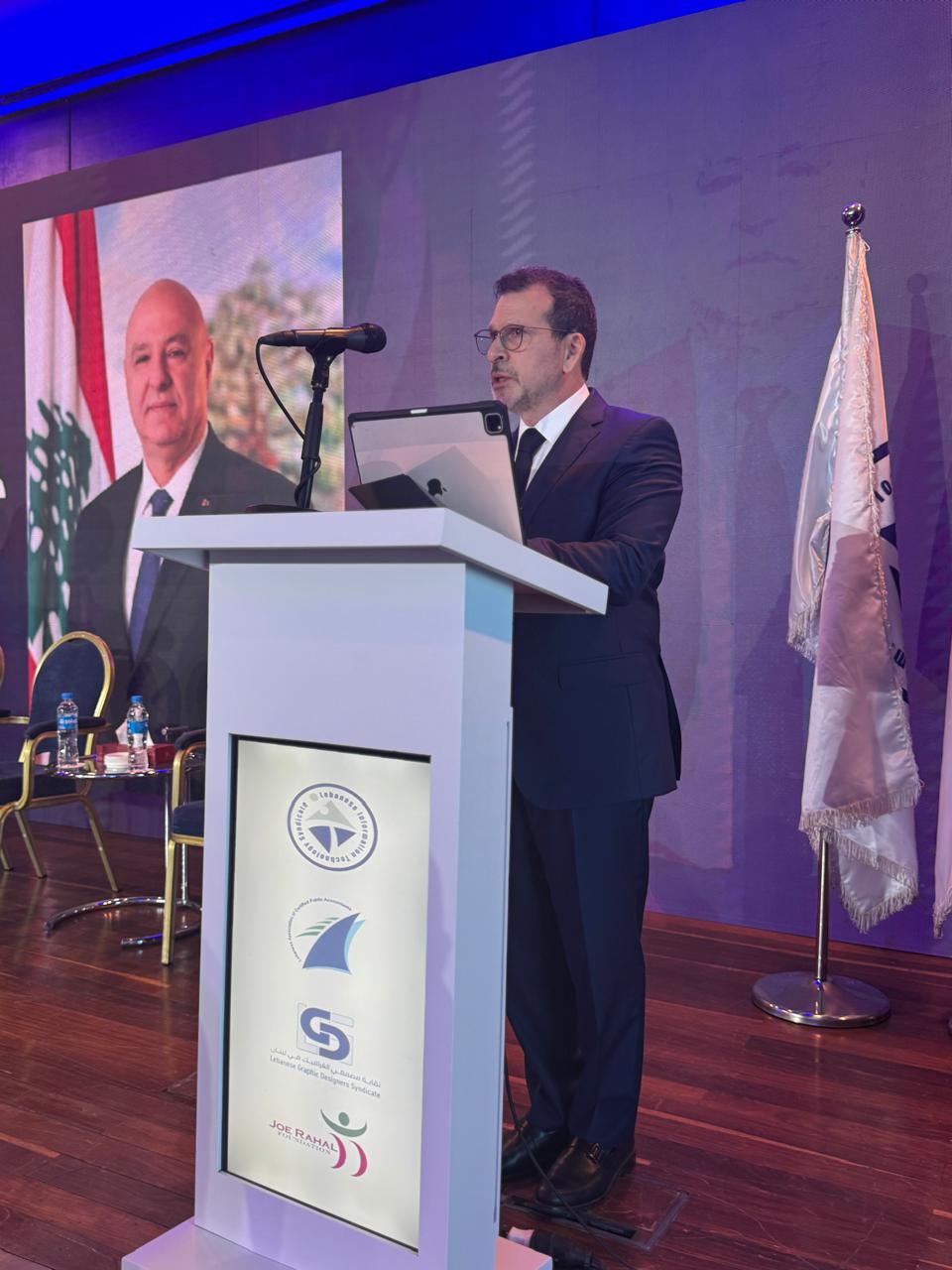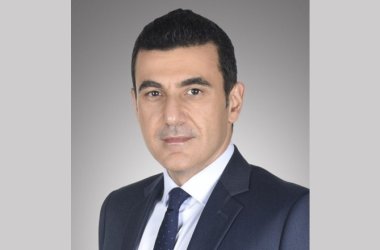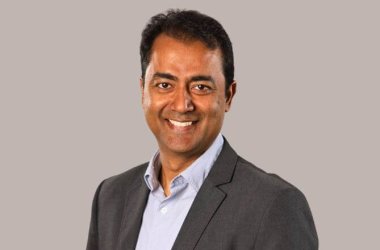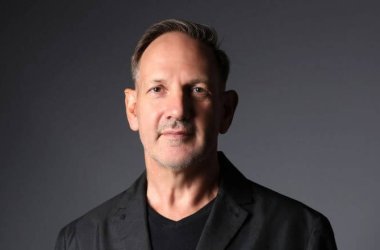A surprise phone call from Elon Musk to Lebanese President Joseph Aoun is sending ripples across the region — and a clear message to global investors: Lebanon is back on the opportunity map. 
In the call, Musk reportedly expressed interest in doing business in Lebanon, a gesture that senior officials described as a symbol of renewed global confidence in the country’s direction. The timing couldn’t have been more telling , arriving on the eve of LebTech 2025, Lebanon’s leading technology summit, and in the early days of a new reformist cabinet, now widely referred to as Lebanon 3.0.
A New Operating System for the State
Led by President Aoun and Prime Minister Nawaf Salam, Lebanon 3.0 signals a departure from the entrenched patterns of crisis management that defined earlier governments. It represents a generational and strategic reboot of the Lebanese state: leaner, more technocratic, and future-facing.
The addition of new ministries such as Technology and Artificial Intelligence isn’t just a bureaucratic update — it’s a structural acknowledgment that digital transformation is now central to national sovereignty and economic recovery.
Rather than a set of policies, Lebanon 3.0 is being framed by insiders as a new operating system — designed to prioritize trust, deliver real services, and empower people. At LebTech 2025, that framework was laid out with clarity by Minister of State for Technology & Artificial Intelligence and Minister of Displaced, Kamal Shehadi.
A Moment of Alignment
Speaking to a packed audience of entrepreneurs, investors, engineers, and students, Shehadi opened by calling the summit a moment, not just a meeting , a convergence of vision and action. He cast the digital transformation as already underway, rooted in infrastructure and ambition, and guided by an urgent national mission.
“The world is watching Lebanon — not with doubt, but with renewed interest,” he said, referencing the Musk call. “But with that spotlight comes responsibility. If we want to turn interest into impact, we must be ready , with the right foundations, the right tools, and the right mindset.”
The conference, which spanned themes from AI in public services to cybersecurity and sustainability, mirrored the country’s expanding tech agenda. It also reflected a deliberate shift toward inclusivity and co-creation — with students, public sector innovators, and diaspora voices playing prominent roles.
The Loop That Powers Reform
Shehadi’s address introduced a three-part framework driving Lebanon’s digital transformation: trust, services, and talent — not as a checklist, but as a system in motion. The development of ethical AI frameworks, data protection laws, and cybersecurity standards aims to rebuild public trust. That trust, in turn, makes it possible to deliver smarter, faster, more transparent digital services. But the country’s greatest long-term asset, he emphasized, is its people.
He described this interdependence as a feedback loop: when citizens trust systems, services improve. When services improve, confidence in the state is restored. And when confidence returns, talent — both local and diaspora — stays, contributes, and leads.
This loop is now at the heart of what’s being called the “Lebanese Digital Republic” — not just a tech vision, but a reimagined contract between citizen and state.
A New Public Spirit
One of the most human moments came when Shehadi paused to acknowledge the young, pro bono team working with his ministry. He asked them to stand so the audience could see who was quietly powering much of the behind-the-scenes change. These volunteers, many working without pay or title, have helped shape policy and platforms alike , driven by belief more than mandate.
Their presence in the room wasn’t symbolic. It was proof of a changing culture within Lebanon’s public institutions , one that is younger, faster, more collaborative, and rooted in purpose. Shehadi urged attendees to engage with them, share ideas, and collaborate.
“Let’s meet them where they are, work together, and bring our shared vision closer to reality , one collaboration at a time.”
From Headline to Horizon
As Lebanon embarks on this new phase, the symbolism of Musk’s call is already giving way to deeper questions: What comes next? Will the country capitalize on this momentum? Can it deliver results quickly enough to retain the attention of global innovators and the trust of its own people?
For Shehadi, the answer lies in turning networks into systems, and energy into structure. He closed not with predictions, but with a challenge: to show the world and one another that Lebanon is still capable of building something that lasts.
As headlines swirl around Elon Musk’s call, some will focus on the name, the intrigue, the possibility. But for those building Lebanon 3.0 from the ground up — students, coders, policy minds, and public servants , the call is not the story. It’s the signal. The real story is what Lebanon chooses to do with that signal: to show not just that it’s open for business, but ready to lead , with its people, its ideas, and its code.





